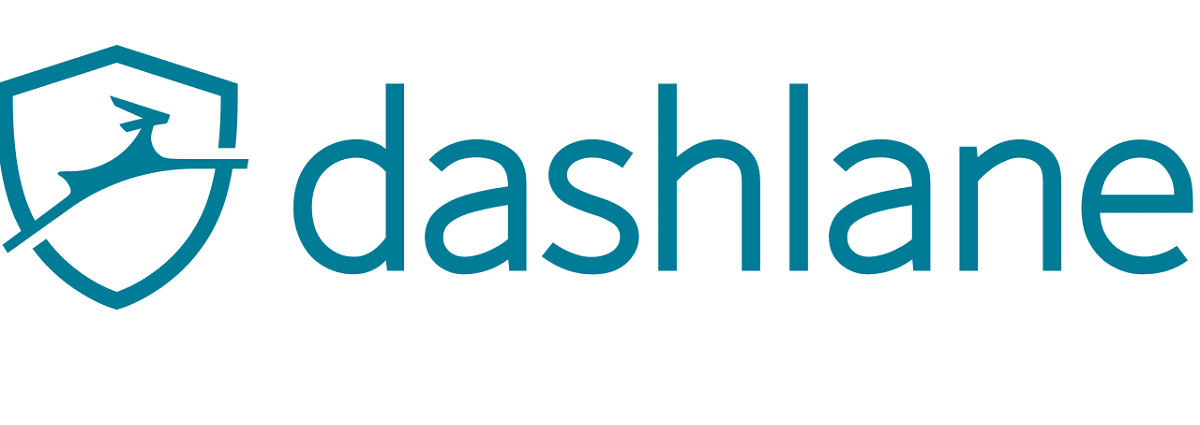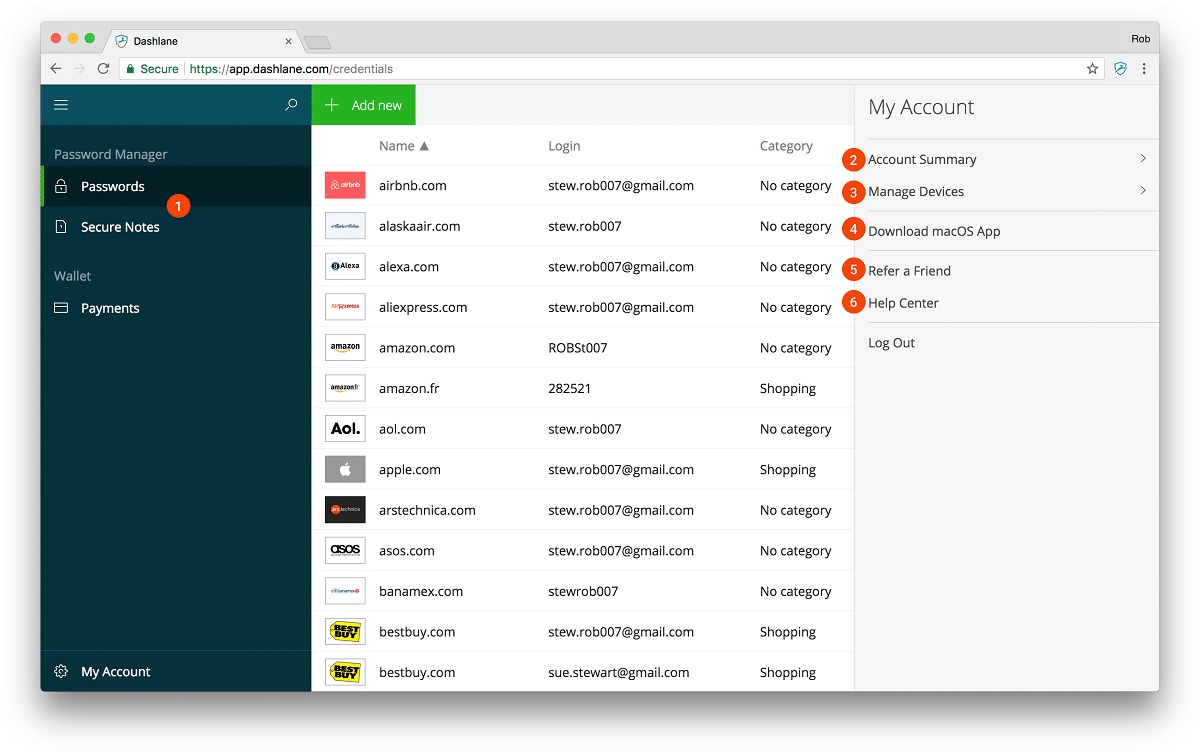
Password managers are often a great optionn for those who want use strong and unique passwords for each website, email services, digital banking, social networks etc, although it is also a good tool for those who do not want to bother remembering passwords and simply want to start a section with just one click.
Today let's talk about Dashlane, which is a password manager for Linux, Mac and Windows. This functions as a browser extension for Firefox, Chrome and other browsers and promises to keep passwords safe in an encrypted cloud database.
Among the most notable features Dashlane, we can find:
- You can auto-fill passwords in the web browser.
- Not only does it handle passwords, it can also encrypt notes and documents in the password vault.
- It has an "Identity Dashboard", which reports if the user's passwords have been previously compromised in a security breach.
- Dashlane includes a VPN that is intended to be used when the user connects to public networks (parks, restaurants, hotels, etc.)
- Dashlane stores passwords and keeps them up to date on the different devices where the user's account is linked (phone, computers, tablets and other devices).
- It has the option to create unique complex passwords for all personal, user accounts.
In addition to that, Dashlane has a strict no-log policy, with which the information with which a user registered, such as your name, address, phone number, and payment information, it will be encrypted and stored locally on your device, as well as in the Dashlane cloud.
Now for the most important information, what is the email and master password they are not stored anywhere.
Moreover, within the cons of this password manager that one can find is that only allows to store 50 passwords and free auto-fill forms on one device, since this password manager handles a Freemium mode which includes both a free tier and a premium subscription.

Another against it has is that does not have support for multi-factor authenticationas it does not support biometric authentication such as fingerprint or facial recognition, although they do offer two-factor authentication.
Finally, one last negative point (for Linux case) is that unfortunately Dashlane's password manager it is not compatible with Linux with a native application.
Since at the moment the only way to use it on Linux is with its browser extension for Google Chrome and Mozilla Firefox. Although the developers have not mentioned about a native application, Dashlane was not compatible with Linux a few years ago, until they worked on a browser extension, it would be necessary to wait for the confirmation of a native app.
How to install Dashlane on Linux?
For those who are interested in trying this password manager in their web browser, as mentioned, Dashlane currently only works on Google Chrome and Mozilla Firefox.
Y just search for the extension within the plugin catalogs of our browser to be able to install Dashlane on it.
Or on the other hand if you are a Google Chrome user, you can install Dashlane from the following link.
While for those who are Firefox users, they should go to the following link.
Done this on the extension page, nwill ask you to make a registration in the service If you haven't already done so, otherwise just log in.
In the case of being the first time, they must fill in the pertinent data and when registering their account, Dashlane will ask you to assign a master password, which serves as a password that locks all other passwords in a "vault". It is important that this master password is remembered since it is the one that they will use at all times when they want to use the service.